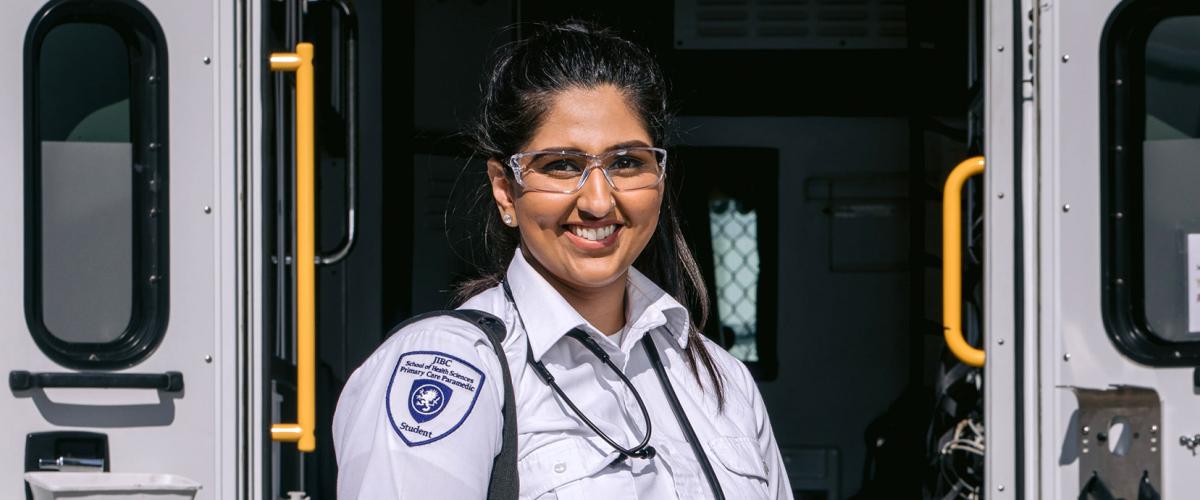Be the one saving lives. A career in health services is an exciting opportunity to provide a vital service and to make a positive difference in the lives of others.
Career Overview
Paramedics respond immediately to 911 emergency calls involving any type of accident, disaster or medical emergency. At the scene of the emergency, they quickly assess patients’ conditions and take action using recommended guidelines and procedures. After dispensing initial treatment at the scene, they then help transport patients to medical facilities, monitoring them all the way until they are handed over to hospital staff. Sometimes, depending on the patient’s condition, they may be required to perform certain types of invasive procedures such as injecting pain-relieving drugs, intravenous cannulation, administering advanced airway management and fluid resuscitation.
Increasingly, paramedics are also working in communities as part of community health teams to provide primary care services to increase access to basic health care services in non-urgent settings, in patients' homes or the community.
To work as a licensed paramedic you will need to have several key qualities to be able to deal with the different scenarios you are likely to encounter during the course of the job. You may not need to spend four to eight years or more in medical school to become a paramedic but that does not make your responsibilities any less critical. What you do during those first few minutes on the scene will make the difference between life and death.
Career Prospects
WorkBC reports that the median annual salary for paramedical occupations in British Columbia is approximately $64,800 with a $31.07 median hourly wage rate across the province. In addition to their salaries, full-time paramedics often receive benefits, such as dental care and paid vacation and sick days.
WorkBC reports that for the period 2015-2025, the expected annual demand growth rate for this occupation will be 2.1% across the province.
Regions with Greatest Growth
Lower Mainland & Southwest (2.1% annual employment growth with 660 job openings from 2015-2025)
Vancouver Island Coast (2.3% annual employment growth with 290 job openings from 2015-2025)
Thompson-Okanagan (1.8% annual employment growth with 170 job openings from 2015-2025)
Sources
WorkBC Career Profile for Paramedical Occupations,
Career Cruising database,
https://www.vpl.ca/siic/guide/employment-guides/paramedical-occupations
Personal Qualifications
Good moral and caring character
The ability to stay calm in stressful situations
Critical thinking and problem-solving skills
Physical fitness and strong communication and interpersonal skills
Flexibility
Minimum Requirements
Graduate of a certified paramedic program
High school graduate with English language proficiency
Criminal background check
Immunization and medical screenings as required
PROGRAMS
Explore programs in this area of study
